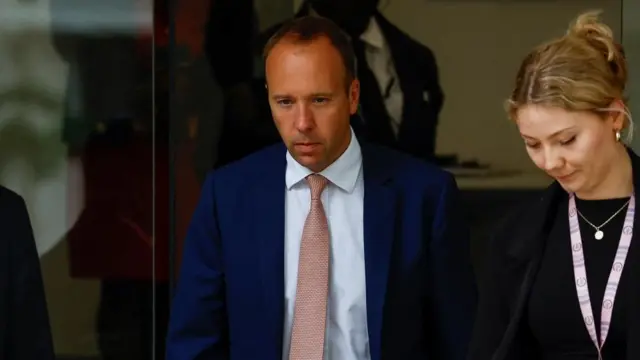
Report could highlight the impact of Brexit on pandemicpublished at 11:16 BST 18 July 2024
Jim Reed
Health reporter
From 2018, civil servants were being asked to step up planning for a "no-deal Brexit", under the codename Operation Yellowhammer.
As a result, documents showed almost 20 different, external 'workstreams’ in the Department of Health relating to pandemic planning were either slowed, paused or stopped completely. That included plans to better prepare the care home sector for a severe influenza pandemic.
The Pandemic Flu Readiness Board, a body made up of officials from across Whitehall, did not meet for a whole year up to November 2019, because their work was "reprioritised" to plan for leaving the EU without a deal.
Scotland's former first minister, Nicola Sturgeon, said she was "not at all happy" about having to divert"time, energy and resources" in this way.
But ex-cabinet minister Michael Gove said that Brexit planning had increased staffing and forced departments to work more closely together. And former Health Secretary Matt Hancock claimed the same work secured medical supply chains and prevented hospitals running out of some intensive care drugs.


